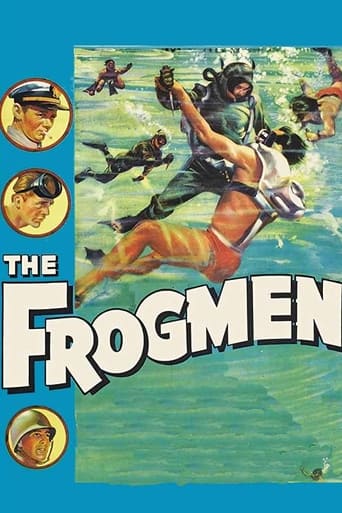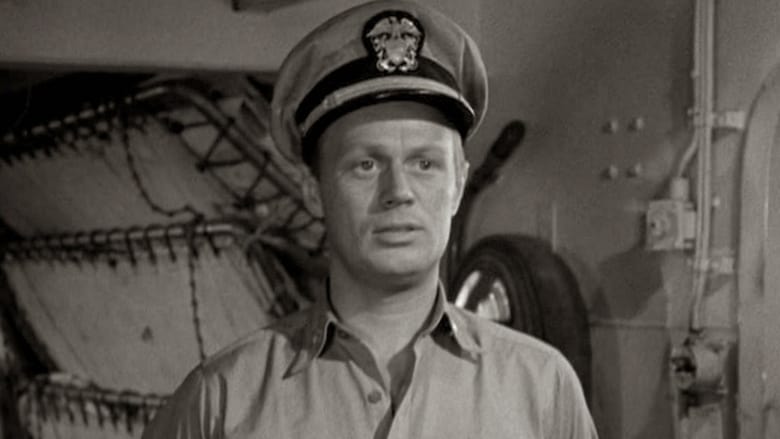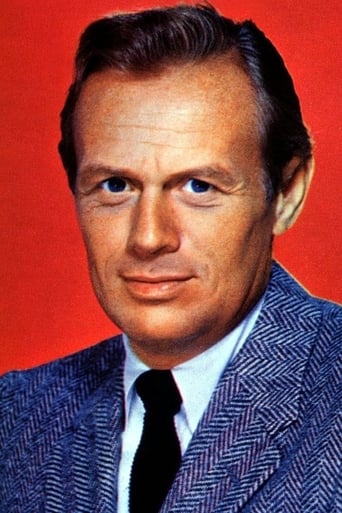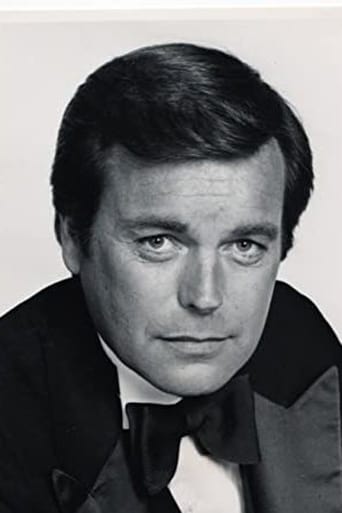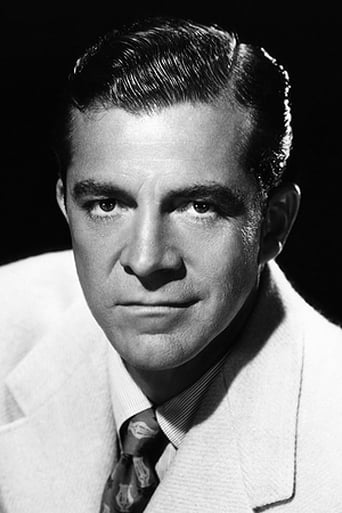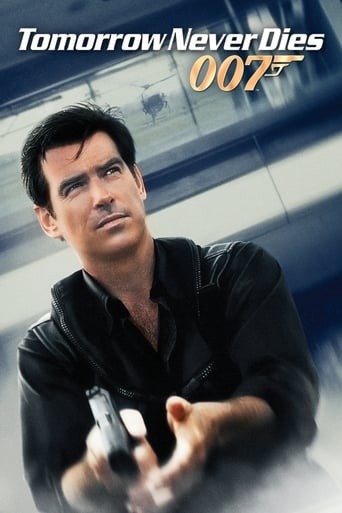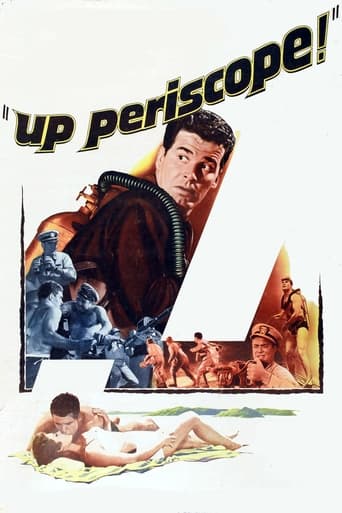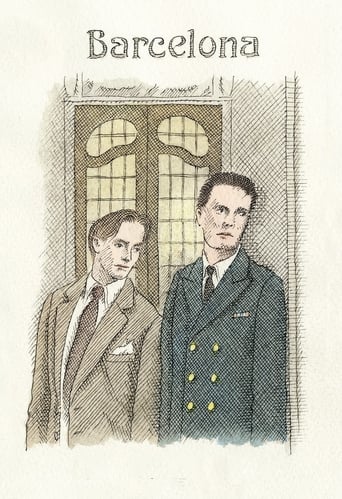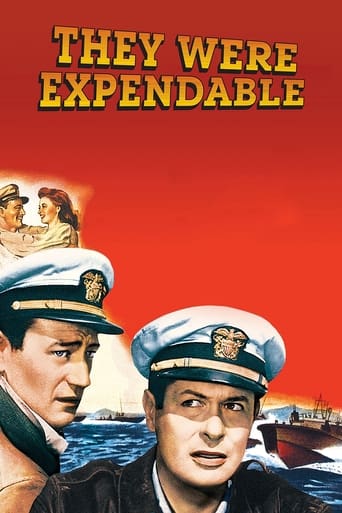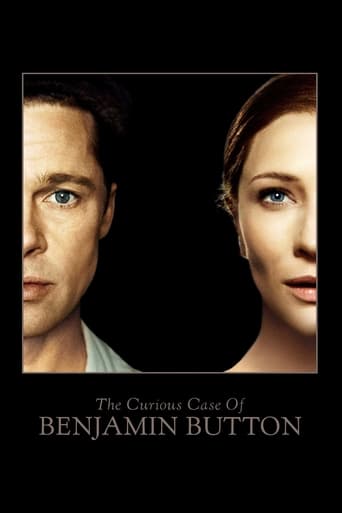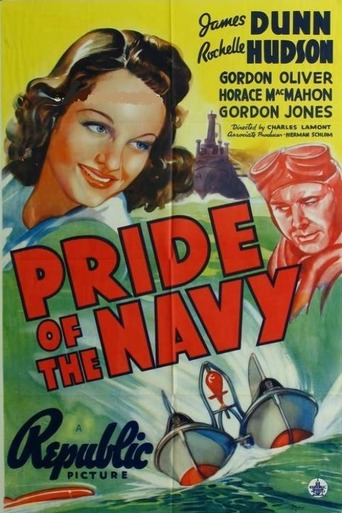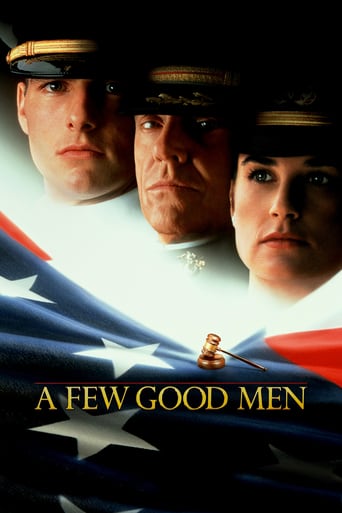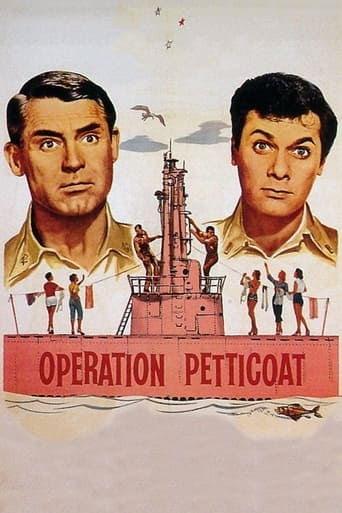The Frogmen (1951)
The new commander of a Navy Underwater Demolition Team--nicknamed "Frogmen"--must earn the respect of the men in his unit, who are still grieving over the death of their former commander and resentful of the new one.
Watch Trailer
Cast


Similar titles
Reviews
Fresh and Exciting
If the ambition is to provide two hours of instantly forgettable, popcorn-munching escapism, it succeeds.
A lot of perfectly good film show their cards early, establish a unique premise and let the audience explore a topic at a leisurely pace, without much in terms of surprise. this film is not one of those films.
what a terribly boring film. I'm sorry but this is absolutely not deserving of best picture and will be forgotten quickly. Entertaining and engaging cinema? No. Nothing performances with flat faces and mistaking silence for subtlety.
Tepid WWII drama that never catches fire and tries to impress with overlong action sequences. Well, i say action: if you think that endless scenes of frogmen diving off a boat is thrilling, this is the movie for you. They probably thought that getting the technical details right would make up for the lack of drama. As if we care that the details are factually accurate, i guess. What is the Big Drama here? Well, the diver boys don't really like their new C.O. cause his P.R.-skills are sub-par. Oh, and their former commander was like a cross between Flash Gordon and John Wayne. And would you believe that their new boss, played with unconcealed indifference by Richard Widmark, actually gets miffed when they pull a prank that gets one of them shot and jeopardizes the mission? What a spoilsport! No fun, that guy, so they collectively ask for transfer. (In the middle of a war?) These guys sure have their priorities mixed up. It might have made more sense to have had Dana Andrews and Richard Widmark switch roles. Why use a volatile actor like Widmark and a laconic performer like Andrews and not let them play to their strengths? To see Widmark do one of his famous tantrums would have made it worth watching, now it's just a waste of time and talent.
Here we go again; virtually all the comments posted here are favorable if not mild raves for a movie I found pedestrian at best. It was Widmark's eleventh movie and he had a lot of good stuff behind him and a lot of good stuff to come; this was the middle of three ho-hum entries he was saddled with, preceded by Halls Of Montezuma and succeeded by Red Skies Of Montana, potboilers all. In 1951 it was unorthodox to say the least to make a film without even a female presence let alone a love interest but for reasons best known to themselves, Fox decided it was viable. The main thrust - a martinet disliked by his men until finally earning their grudging respect, was stale even when Sophocles was writing out of Athens and this entry offers no new insights or twists. There's a fairly competent supporting cast led by Dana Andrews, Gary Merrill, Jeffrey Hunter and Harvey Lembeck but don't cancel a whist drive to catch this one.
As would be the case with DESTINATION GOBI (1953), which I’ve just watched, this unusual war film about a specialized outfit also happens to be a starring vehicle for Richard Widmark (and, similarly, featured no prominent female roles). Fox were noted for the documentary-style approach to their films for the first few years of the post-war era; this was a typical example, mixing realistic detail (while the underwater photography in itself is well done, the film tends to drag during these sequences) with a number of established Hollywood conventions.Widmark begins by rubbing his men the wrong way because of their devotion to his predecessor, with Dana Andrews as his chief antagonist (especially after the former opts to leave the latter behind during a reconnaissance operation). At one point, however, Andrews has to take over a mission when Widmark becomes indisposed (where the former’s lack of responsibility leads to serious injuries sustained by one of the men); eventually, the two acquire a mutual respect – which occurs when a torpedo fired at the ship by the enemy fails to explode and has to be delicately dismantled.The latter sequence is one of four suspense/action set-pieces in the film: the others being the two underwater missions themselves and the trial run for the first operation mentioned above. The supporting cast is led by Gary Merrill (acting as, more or less, the voice of conscience) and Jeffrey Hunter (as a brash young member of the team); also appearing, in unbilled roles, are subsequent favorite character actors James Gregory and Jack Warden.
I didn't expect too much from this movie as I watched it for the first time, but it was even more minor than I originally thought. Widmark is a bland star for this one, as is Dana Andrews, but young Jeffrey Hunter does a decent job. However, the characters on the ship (which is the setting for the whole movie) are simply too immature and childish to be believable as navy men. Also, the story is simply not interesting (though it has a few intriguing moments) and the climax is sleepy and trite. On top of that, the underwater sequences are not impressive. But the biggest disgrace in this movie is the publicity stunt that was pulled for Robert Wagner. In the opening credits of this movie Wagner is billed fifth, with his name in huge letters, but he appears literally in no more than five seconds of the movie, has no lines, and can only be seen at a distance. Apparently, when this movie was made, he was nothing, but by the time it was released, he attained some popularity, so the company pulled a fast one on the young girls who hoped to see him in this movie. Years ago I noticed that a similar stunt was pulled for Wagner for the 1950 film "Halls of Montezuma" but to a lesser extent.

